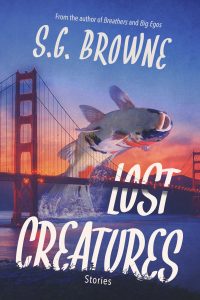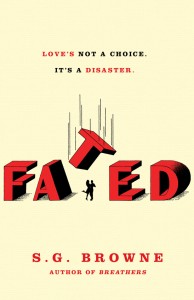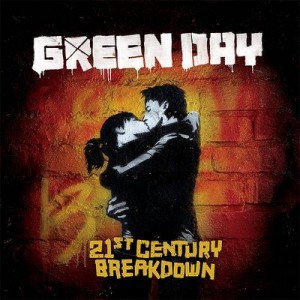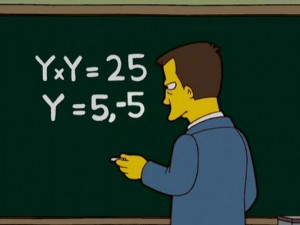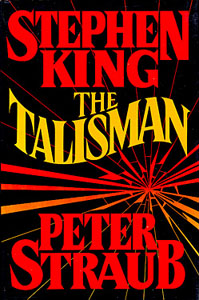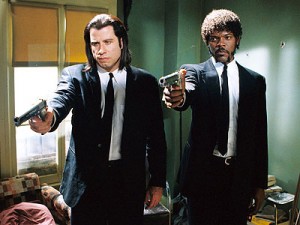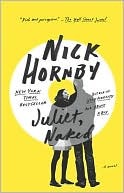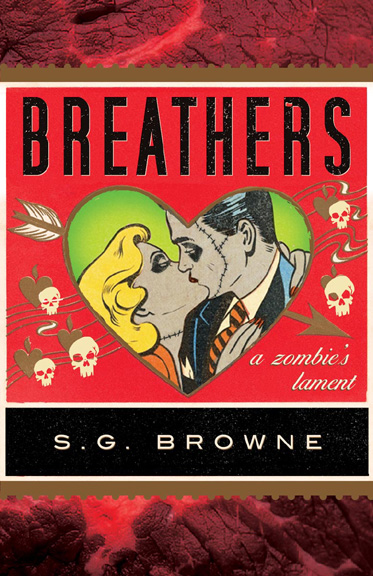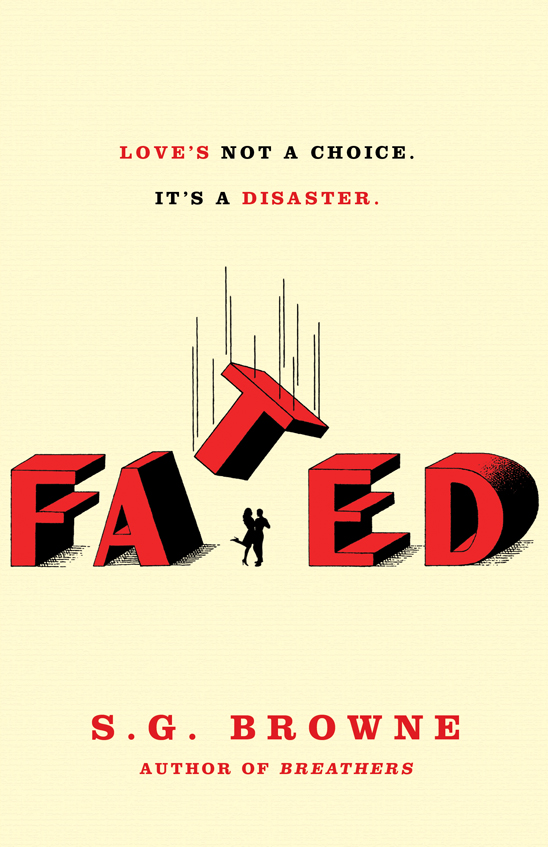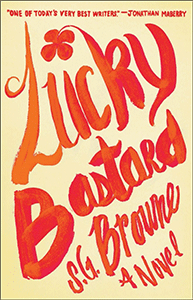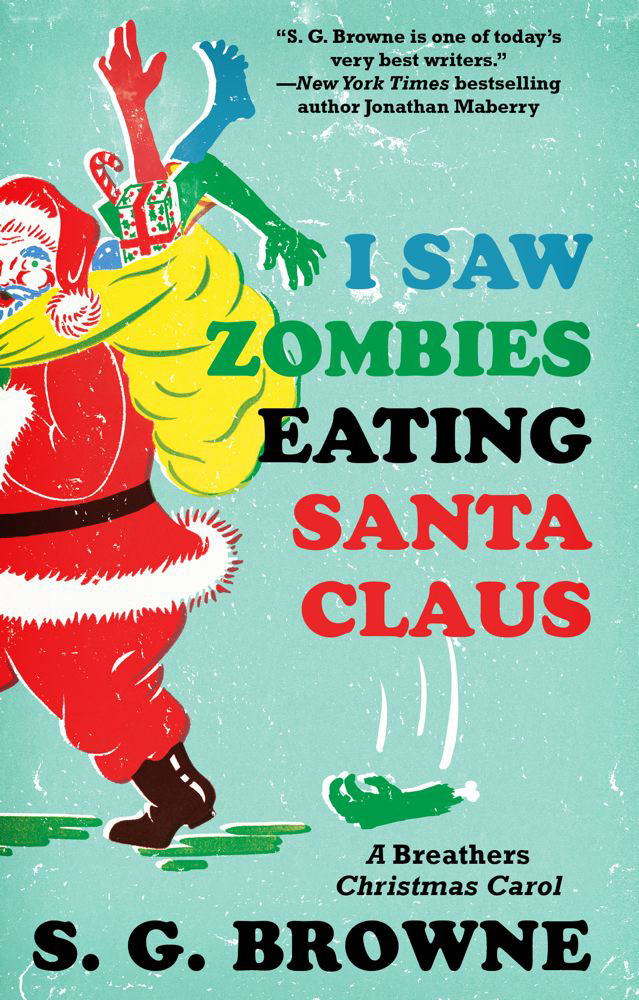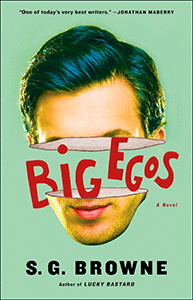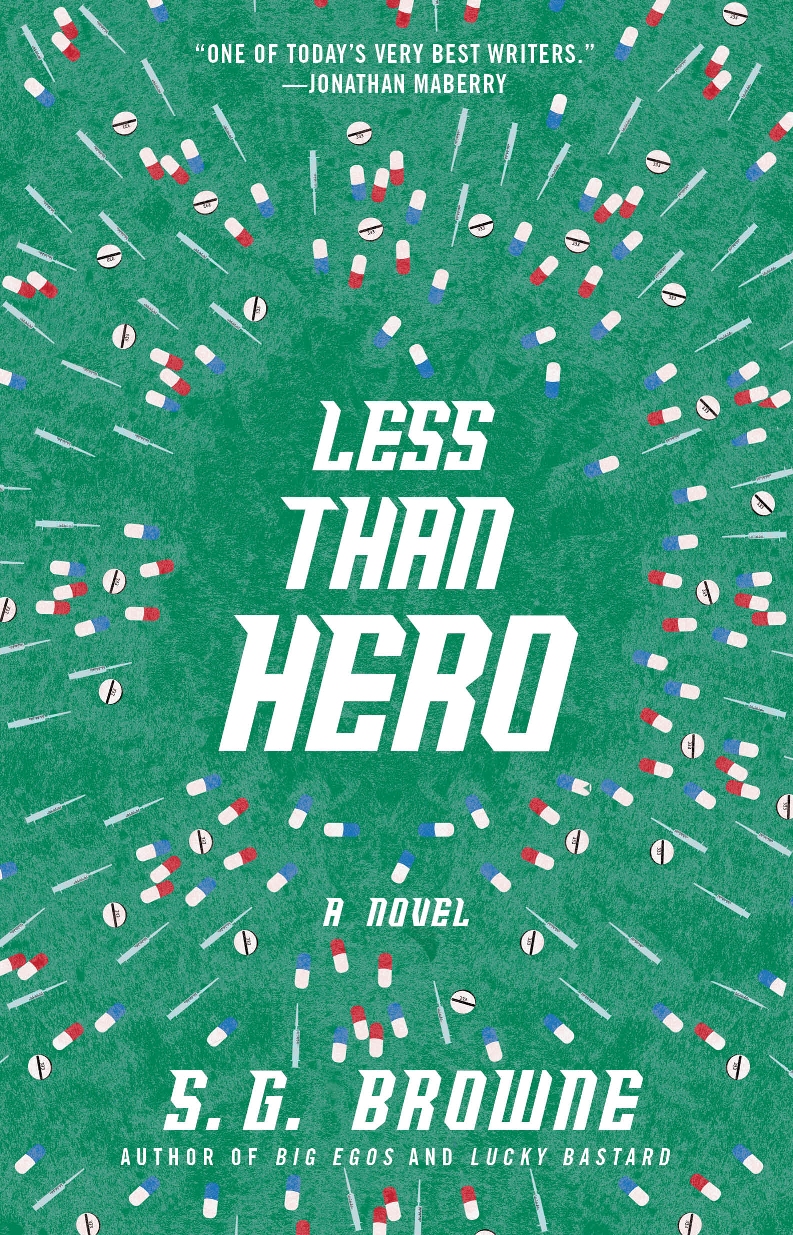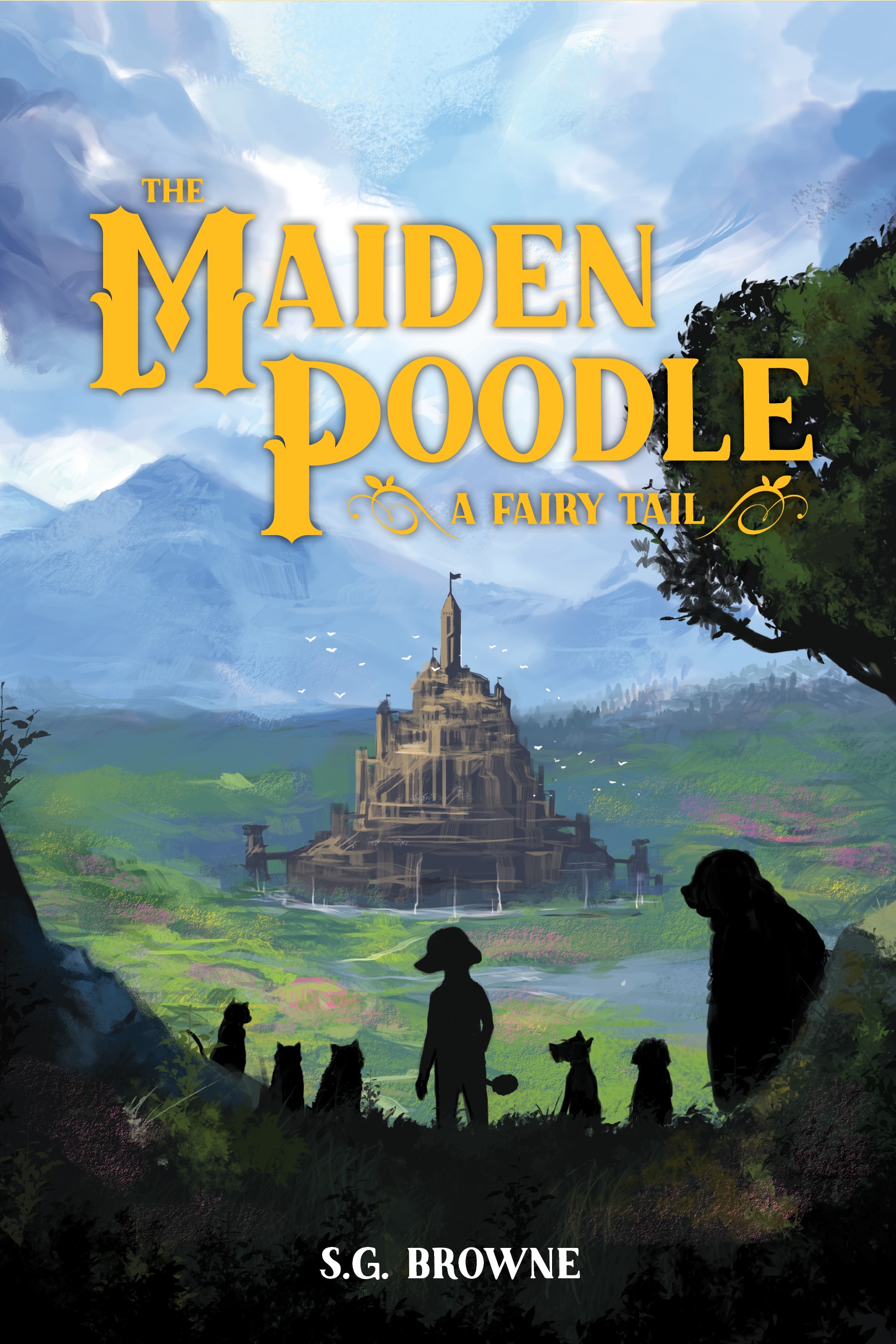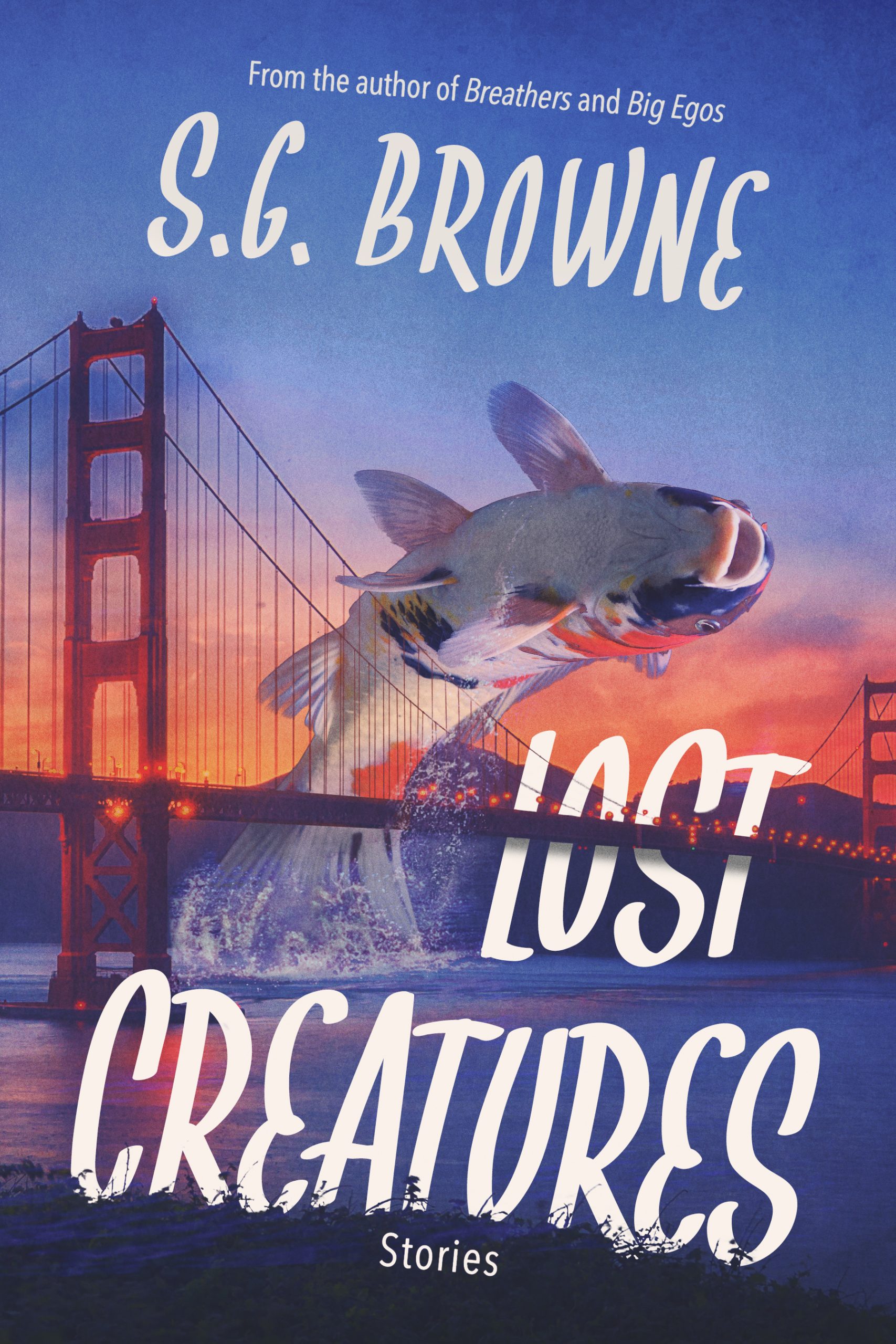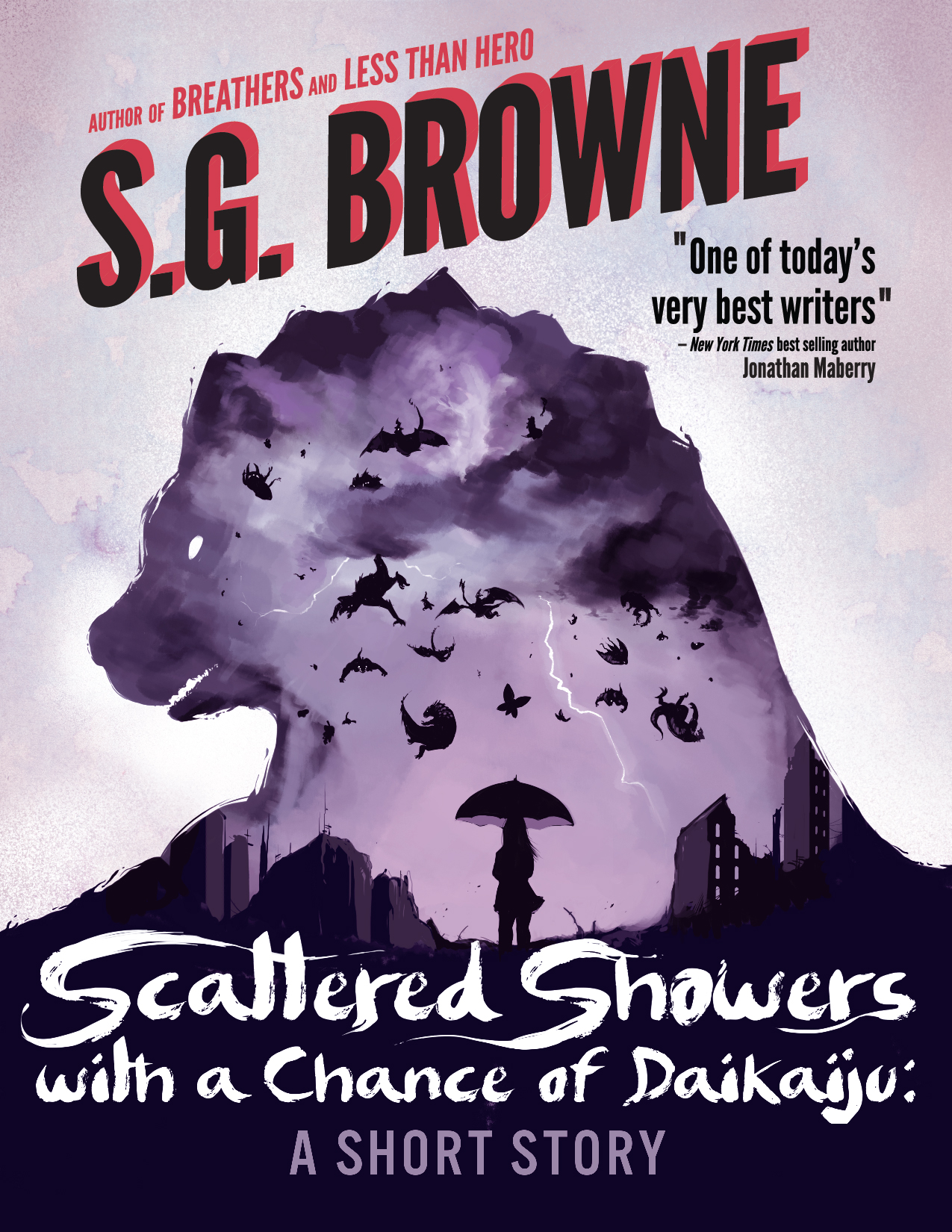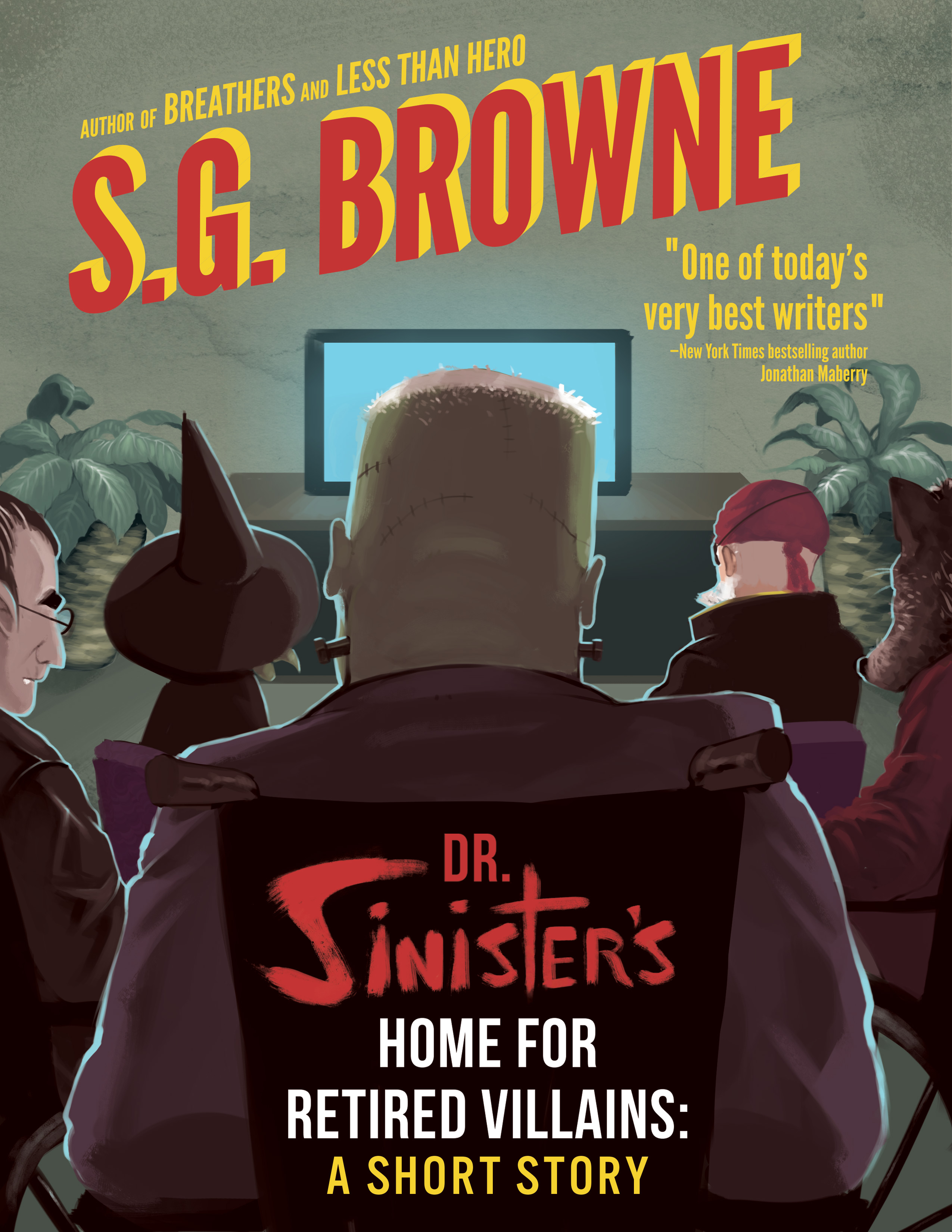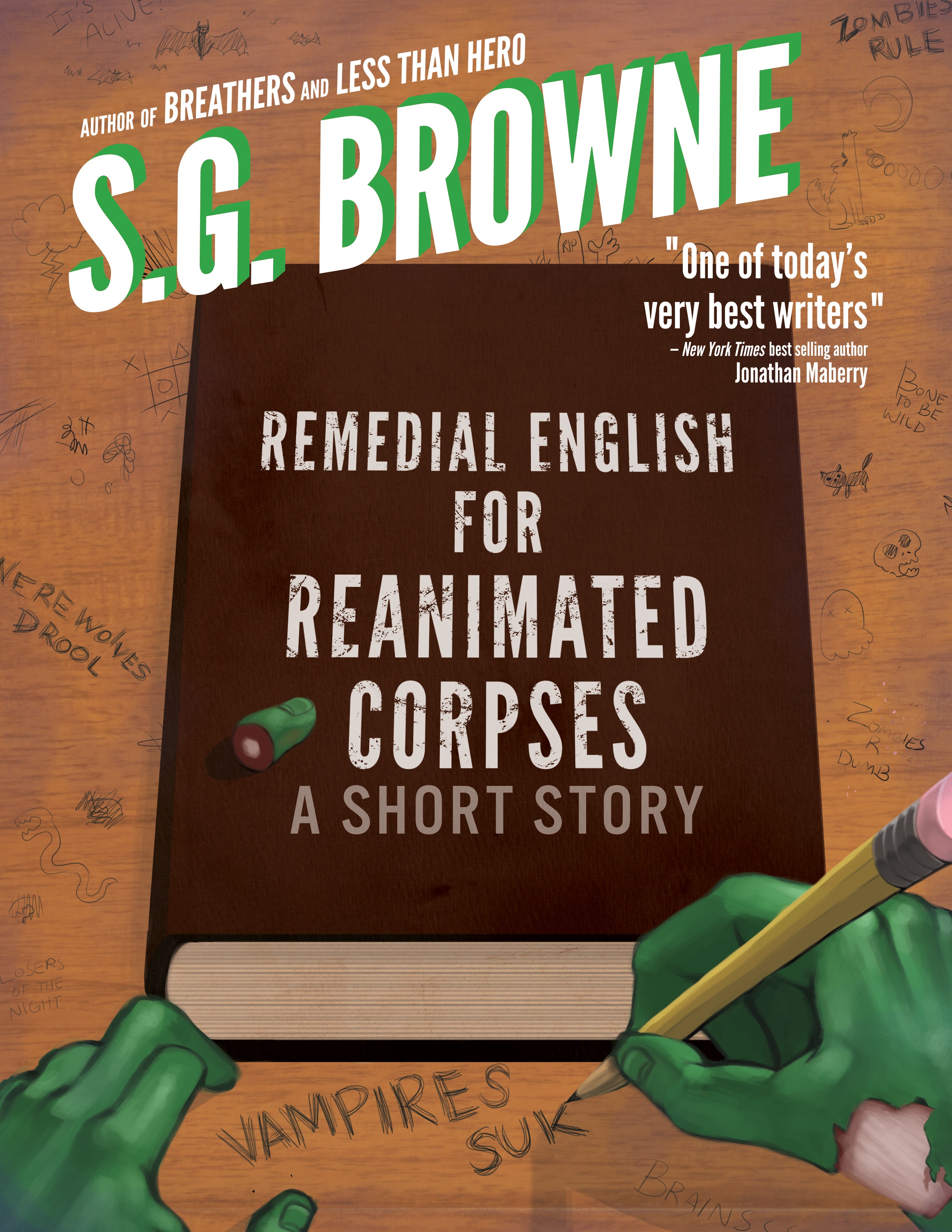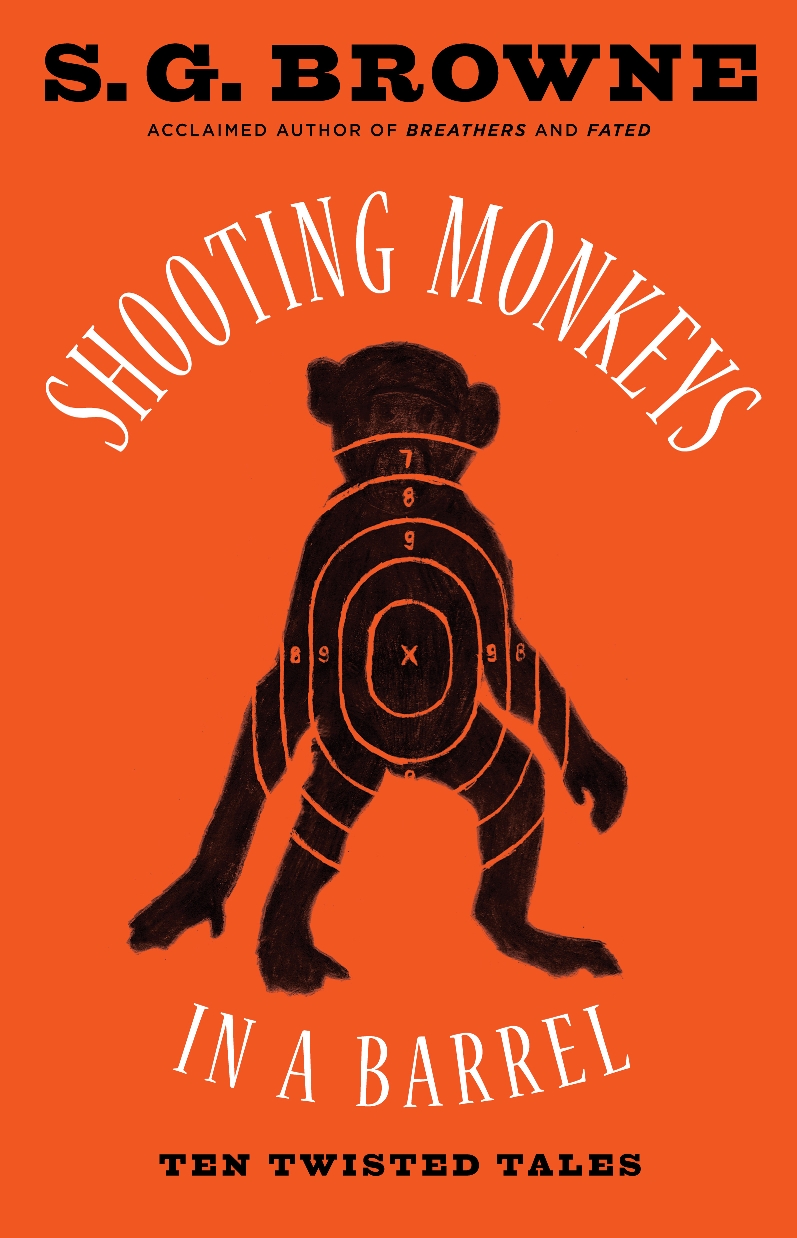It’s All Your Fart! (or Why Rewrites Matter)
When I was two years old, I used to greet my father when he came home from work and convey to him the exploits of my day. He would watch me with this bemused expression and nod his head and say “That’s great” without having any idea of what I was saying, causing me to throw myself on the floor and scream and kick and cry because he didn’t understand me.
 This is all according to my mom. I don’t have any recollection of these moments of communication frustration. Nor do I have any recollection of calling my pacifier a “loodela” (pronounced loo-da-lah). It was like I was speaking another language. Something Germanic, I’m guessing.
This is all according to my mom. I don’t have any recollection of these moments of communication frustration. Nor do I have any recollection of calling my pacifier a “loodela” (pronounced loo-da-lah). It was like I was speaking another language. Something Germanic, I’m guessing.
As I grew older, my speech began to resemble something closer to English, but I still had trouble with certain letters, like U’s and R’s. So words like “fork” came out sounding more like I was from South Boston. Apparently, this was a great source of amusement for my parents as their five-year-old son would say things like: “Where’s my fuhk?” or “I need a fuhk.”
Doesn’t everyone?
However, I do recall a not-so-amusing moment when I was seven years old and, frustrated with my mom about something that had just occurred, I yelled out “It’s all your fault!” and stormed up the stairs to my bedroom. Only because of my speech problem, what my mom heard instead was “It’s all your fart!”
 I don’t know what that means, exactly. I guess it implies definitive ownership of the fart. But I do know it was enough to get my mom to follow me up the stairs and wash my mouth out with a bar of soap. Ivory. Dove. Palmolive. I don’t know what flavor it was. And I didn’t imagine myself going blind like Ralphie in A Christmas Story but let me tell you, it didn’t taste too good.
I don’t know what that means, exactly. I guess it implies definitive ownership of the fart. But I do know it was enough to get my mom to follow me up the stairs and wash my mouth out with a bar of soap. Ivory. Dove. Palmolive. I don’t know what flavor it was. And I didn’t imagine myself going blind like Ralphie in A Christmas Story but let me tell you, it didn’t taste too good.
And what does this have to do with writing? (Scratches his head to try to remember where he was going with this.) Ah yes. It has to do with communicating your ideas to others. Using language and characters and plot to convey what it is you want to say to your readers. Getting your point across. As another author (I believe it was Nigel Hamilton) once said:
“If the reader doesn’t understand what you’re saying, then you’re just talking to yourself.”
I suppose you could say it would be the equivalent of literary masturbation.
I think that’s something writers just take for granted. Not the literary masturbation part, but the ability to communicate.The idea that the story we create in our heads makes it to the page without losing something in the process.
 When my writing group read my initial drafts of Breathers, Fated, and Lucky Bastard, they brought up a number of questions about the worlds I’d created. I didn’t withhold this information on purpose, but the story made sense to me when I initially told it. After all, I’m the creator of the universe, so naturally it all makes sense to me.
When my writing group read my initial drafts of Breathers, Fated, and Lucky Bastard, they brought up a number of questions about the worlds I’d created. I didn’t withhold this information on purpose, but the story made sense to me when I initially told it. After all, I’m the creator of the universe, so naturally it all makes sense to me.
It wasn’t until I got feedback from the other members of my group that I realized I needed to do a better job of getting my ideas across. I needed to convey the concepts in my head so that the reader would enjoy the story and understand what I was trying to say.
Which is why rewriting is such an integral part of my writing process. It’s where I get to fix the problems. Where I get to craft and shape the story. Where I get to clarify what it is I’m trying to say so I’m not just talking to myself. Sometimes this process can include as many as half a dozen rewrites before the manuscript reaches my agent. That’s followed by a round of edits with my editor, then another three rounds of line edits, copy edits, and proof edits before it’s finally ready to publish.
I guess you could say that if writing the novel is the equivalent of giving birth to it, then rewriting it is like raising it and teaching it everything you know before sending it out into the world.
After that, you just hope it doesn’t throw a tantrum or get its mouth washed out with soap.
